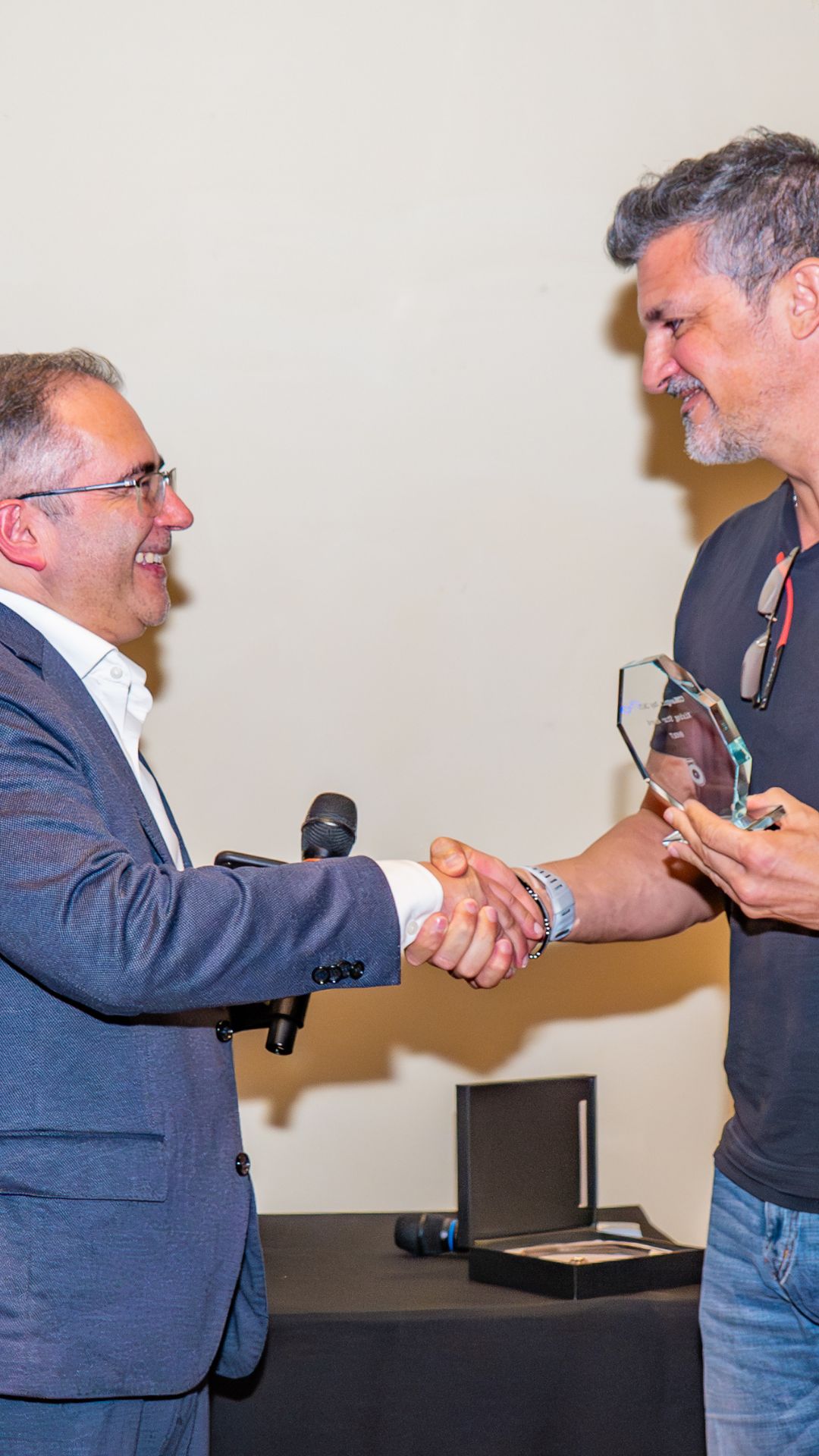In our diverse interactions and partnerships with educational entrepreneurs over the past year, we've witnessed the profound connection between social background and learning, especially when it comes to children.
Regularly experiencing difficulties like hunger, lack of basic sanitation, domestic violence, and inadequate housing doesn't just impact the physical and emotional well-being of children, but also their ability to learn and develop fully. After all, how can someone struggling for the basics feel motivated and focused to learn subjects that often seem irrelevant to them?
Furthermore, in many Brazilian communities, there's an additional challenge of learning gaps due to cultural disparities, with limited access to books, theater, cinema, and culture in general.
These social barriers become invisible hurdles, limiting the potential of each student. But can complex and individual challenges be overcome within the classroom?
The answer is yes. There's a powerful element capable of transforming this reality: the act of storytelling. But not just any story – their own story.
Sharing experiences, teachings, and personal narratives is a fundamental tool for learning. When children have the opportunity to express themselves and be heard, they gain confidence, develop communication skills, and attain a deeper understanding of the world around them.
In this context, teachers play a central role. They don't just convey knowledge; they can also be mentors, guides, and tireless encouragers. They have the power to cultivate a safe and inclusive environment where each child feels valued and capable of growth. Teachers' encouragement and support are essential to empower children to share their stories and become active participants in their own learning journey.
Some examples of activities in this regard are:
- Engaging in creativity projects, where students are encouraged to express their ideas and experiences through writing or art, stimulating imagination and communication skills;
- Within this idea, why not encourage the creation of books – with texts and illustrations by the students themselves – and organize a book-signing night, for instance, celebrating their work?
- Another possibility is hosting cycles of storytelling, where each student gets the chance to share their experiences and perspectives, promoting empathy and respect for diverse experiences.
By creating these opportunities, teachers strengthen students' confidence, encourage self-expression, and establish an enriching learning space where every story is valued and contributes to collective knowledge-building.
From the investor and entrepreneur perspective within the educational sector, it's crucial to first listen to the teachers.
After all, they understand the classroom and know its challenges. However, we should also broaden our perspective to include social issues in our projects and investments. We should seek solutions that address not only academic aspects but also the social needs of children. By doing so, we pave the way for a fairer future where all have equal learning opportunities.
Therefore, we invite you to reflect on how we can promote transformative education. Let's encourage teachers to be change catalysts and to nurture children's capacity to share their stories. Let's support initiatives that aim to solve the social issues affecting learning, ensuring that every child has the chance to reach their full potential.












